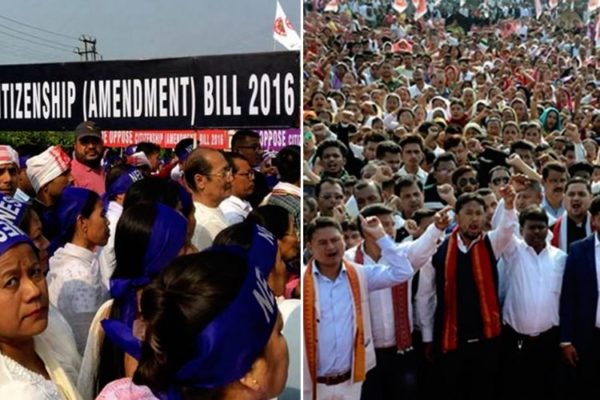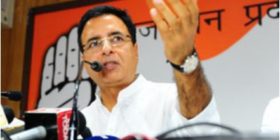The eminent English writer Samuel Johnson said “The natural flights of the human mind are not from pleasure to pleasure but from hope to hope.” While this statement represents the general outlook of any individual it is probably more appropriate for the perennial condition of the ethnic Assamese.
The elections in 1985 brought a student body, the All Assam Students Union to power with an overwhelming majority and the newly formed political wing Asom Gana Parishad formed the government as it enjoyed the support of the people on numerous issues, but essentially on the hope that their government would be able to arrest the mass migration from across the Bangladesh border and the ethnic Assamese would not need to fight for his identity and livelihood. All this turned out to be wishful thinking as the political will of the AGP government was found wanting, coupled with the fact that the provisions of the accord which promised to identify and deport illegal migrants did not receive the required support from the Congress Government at the centre.
Hope died a natural death as successive elections booted the AGP government out of power and the return of the Congress government became a formality in the absence of a viable ‘stable’ alternative. While the illegal migrant issue was a frequent topic of discussion among the Assamese citizenry the apathy of the administration meant that the private confabulations never quite received due consideration. The protests though frequent never intensified to such an extent that would necessitate a serious intervention from the state or union government. Needless to say throughout the 90’s and the first decade of 2010 the ranks of the migrants swelled considerably and escalated into a huge demographic crisis as the ethnic population faced a serious danger of being reduced to a minority.
Come 2014, the Modi wave worked in Assam, despite the fact that the average Assamese did not identify with the Hindutva agenda, but definitely believed that the BJP was the only party which could stand behind them and assist them from being swamped by illegal migrants in their own land. This resulted in a successful social media campaign to usher the BJP into power to the extent that even a significant number of the Assamese diaspora made it a point to visit Assam during the assembly elections to cast their vote.
Their performance exceeded the expectations of the party as the record voter turnout ensured that the BJP made its incursion in the North East through the Assam corridor with 41% share of the popular vote as compared to 31% for the Congress. But 2 years into their reign the completion of the update process of the National Register of Citizens ( started in the year 2013 under the strict monitoring of Supreme Court of India) with an objective to include the names of all genuine Indian citizens residing in Assam (with 24th March 1971 as the cutoff date) seemed to have encountered significant roadblocks in its implementation.
On the midnight of 31st December 2017, the Part Draft NRC was released and subsequently on 30th July 2018, the Complete Draft NRC was released. The NRC met with expected furore from a excluded citizenry who alleged lapses in the procedure, only to be expected in an exercise of such scale and ambition. The situation encouraged the illegals to join ranks with the genuine complainants leading to violent protests and acts of arson forcing the government to go onto the defensive. Needless to say there seem to be no clear plans on how the foreign nationals indentified would be repatriated to their home nations, if at all.
What has further queered the pitch is the introduction of the citizenship Amendment Bill in 2016 which seeks to offer Indian citizenship to non-Muslims from Bangladesh, Pakistan and Afghanistan. So assuming that all the illegal migrants having being duly identified were deported to their homeland (an impossible task if there ever were one) they would be replaced with their hindu brethren who are only too willing to flee from the persecution in their countries. It is anybody’s guess as to whether this would be to the advantage of the ethnic Assamese. The more serious problem was the hijacking of the agenda of the NRC done with seemingly malicious intent by driving a wedge between the Assamese and the not insignificant Bengali speaking domiciles of Assam given the irrealizable nature of the election promises regarding the deportation of the illegal migrants.
With the lapse of the Citizenship Amendment Bill in the Rajya Sabha the unsuspecting Assamese might be heaving a sign of relief at the danger being averted but hope for a secure identity and future might still be a pipe dream if the intervention from the centre is directed towards creating fissures instead of a firm foundation for the future.
Article By :Shantanu Sharma






Leave a reply